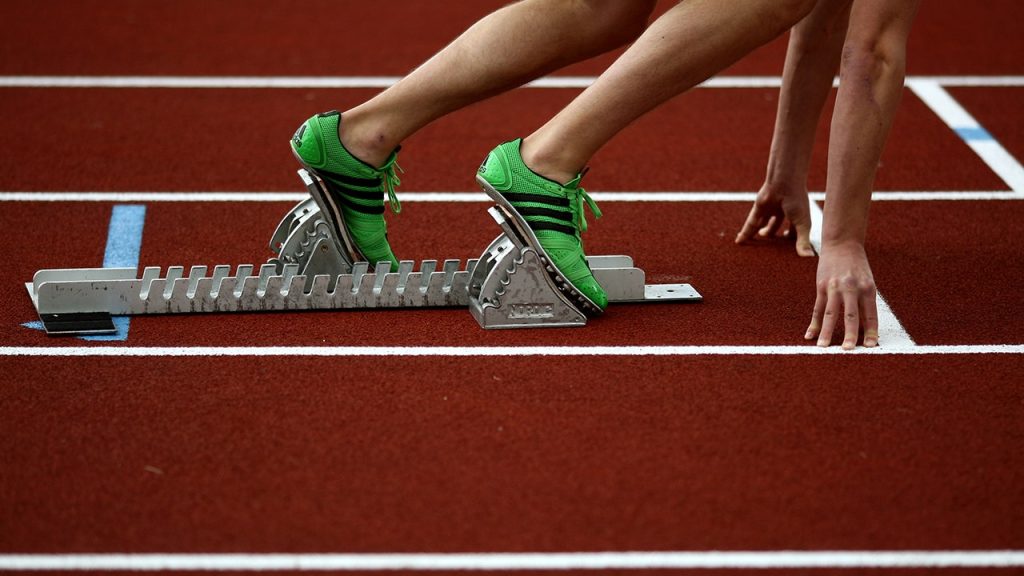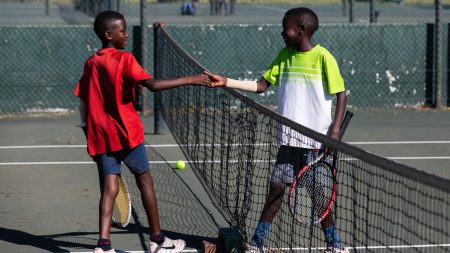Aayden Gallagher, a transgender high school runner in Oregon, sparked controversy when he competed in several events at the Portland Interscholastic League Championship semifinals against girls. Gallagher finished first in the 400-meter event and second in the 200-meter event, qualifying for the finals in both. Video clips of Gallagher’s races circulated on social media, drawing outrage from some individuals, including olympic runner Mara Yamauchi and U.S. 24 Hour National Team member Carilyn Johnson. Critics argued that allowing transgender athletes to compete in women’s sports gives them an unfair advantage due to biological differences between males and females.
The controversy highlighted ongoing debates surrounding transgender participation in high school sports. The Oregon School Activities Association (OSAA) has a policy that allows students to participate in sports based on their consistently asserted gender identity. While this policy aims to provide a fair and safe environment for all students, critics argue that it compromises the integrity of women’s sports by allowing individuals with physical advantages to compete against females. Some have called for stricter regulations or separate categories for transgender athletes to prevent unfair advantages and maintain the integrity of women’s sports.
Critics of transgender participation in women’s sports argue that biological differences between males and females give transgender athletes an unfair advantage, especially in physical competitions that rely on strength and speed. The debate raises questions about how to balance inclusivity and fairness in sports, particularly in high school and collegiate athletics. Some athletes and experts believe that allowing transgender athletes to compete based on gender identity could result in inequitable outcomes and create challenges for female athletes who may face tougher competition from individuals with physical advantages.
The controversy surrounding Aayden Gallagher’s participation in the high school championship semifinals highlighted the complex issues surrounding transgender athletes in sports. While some argue that transgender individuals should be allowed to compete based on their gender identity, others believe that stricter regulations or separate categories are necessary to ensure fairness in competition. The debate underscores the challenges of balancing inclusivity and fairness in sports, particularly in contexts where differences in physical abilities can affect competition outcomes.
As debates over transgender participation in sports continue, organizations like the Oregon School Activities Association (OSAA) face the challenge of creating policies that promote inclusivity while also addressing concerns about fairness and competitive balance. The controversy surrounding Aayden Gallagher’s races in the Portland Interscholastic League Championship semifinals adds fuel to ongoing discussions about the role of transgender athletes in high school and collegiate sports, highlighting the need for thoughtful consideration and dialogue on how best to address these complex and sensitive issues in the world of athletics.















